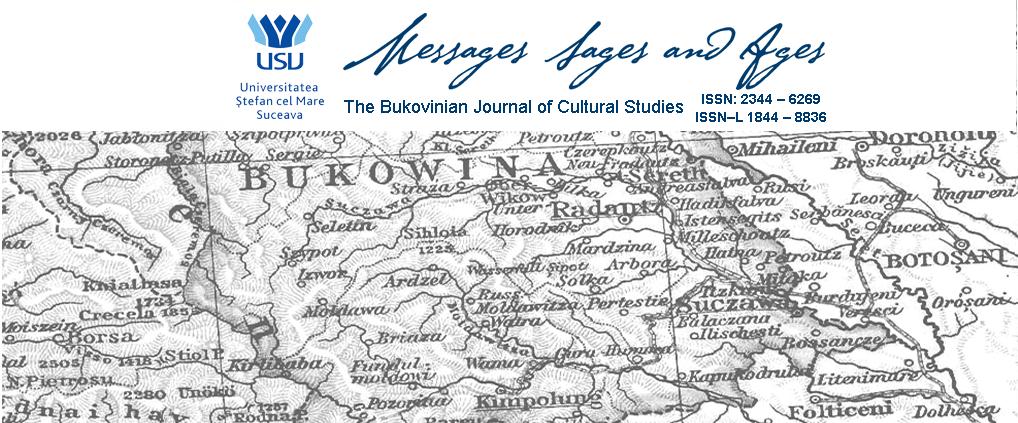Poe’s “grave-nourished fantasy” is incorporated with “the energy of hope” for an encounter with the dead in an imaginary space. In his myth-infused Gothic house, the protagonist might conform to death (e.g., “The Assignation”), or idealize destruction or death (e.g., “The Fall of the House of Usher”). Conversely, he might challenge death (e.g., “Ligeia”), or mime a game of chase in which the dead pursues the protagonist for an afterlife reunion (e.g., “The Masque of the Red Death”). No matter which, his imagination in Gothic houses is aroused by affection for the beloved dead. Poe’s haunted houses, thus, cannot be reduced to a horrible space, but rather are crossing boundaries connected to a space—a melange of the domestic realm, the spiritual realm, and grave-nourished fantasy. In Poe’s macabre haunted house, we perceive a tension: desire for resurrection or death-deferment and man’s incapability of conquering Death; this tension is evoked due to fear of the loss of the domestic realm. We also perceive how Poe questions supernatural forces/Black magic (mankind’s domination of others through incantation) as well as how Poe identifies “intellect and/or imagination” as an ability to detect divine force for cosmic reunion with Divinity. In the essay, I will examine the two opposite forces—the force of Death and man’s will for resurrection or survival—in Poe’s house, so as to trace the emotional bond between the protagonist/author and the Gothic space.
Justine Shu-Ting Kao
Author
Justine Shu-Ting Kao earned her MA at National Cheng Kung University and PhD at Tamkang University. She teaches English at Tamkang University in Taiwan. Her current research is Edgar Allan Poe and Dark Romanticism.
